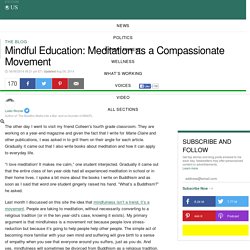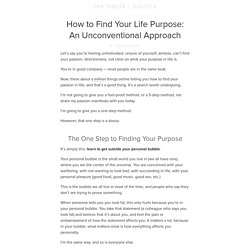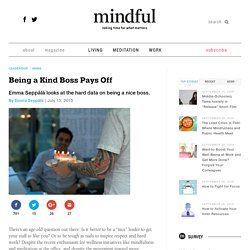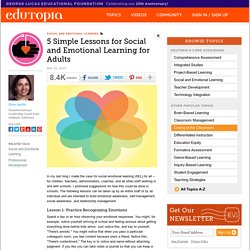

Mindful Education: Meditation as a Compassionate Movement. The other day I went to visit my friend Colleen’s fourth grade classroom.

They are working on a year-end magazine and given the fact that I write for Marie Claire and other publications, I was asked in to grill them on their angle for each article. Gradually it came out that I also write books about meditation and how it can apply to everyday life. “I love meditation! It makes me calm,” one student interjected. Gradually it came out that the entire class of ten year-olds had all experienced meditation in school or in their home lives. Last month I discussed on this site the idea that mindfulness isn’t a trend, it’s a movement. Enter Daniel Rechtschaffen’s new book The Way of Mindful Education.
In his book, Rechtschaffen explains simple ways for mindfulness to penetrate the school system and makes the concept accessible to children of all ages. Having run Buddhist centers for the last decade, I am aware that many people come to the meditation practice in their forties or later. How to Find Your Life Purpose: An Unconventional Approach. By Leo Babauta Let’s say you’re feeling unmotivated, unsure of yourself, aimless, can’t find your passion, directionless, not clear on what your purpose in life is.

You’re in good company — most people are in the same boat. Now, there about a million things online telling you how to find your passion in life, and that’s a good thing. It’s a search worth undergoing. I’m not going to give you a fool-proof method, or a 5-step method, nor share my passion manifesto with you today. I’m going to give you a one-step method. However, that one step is a doozy. The One Step to Finding Your Purpose It’s simply this: learn to get outside your personal bubble. Your personal bubble is the small world you live in (we all have one), where you are the center of the universe. This is the bubble we all live in most of the time, and people who say they don’t are trying to prove something.
Being a Kind Boss Pays Off. There’s an age-old question out there: Is it better to be a “nice” leader to get your staff to like you?

Or to be tough as nails to inspire respect and hard work? Despite the recent enthusiasm for wellness initiatives like mindfulness and meditation at the office, and despite the movement toward more horizontal organizational charts, most people still assume the latter is best. The traditional paradigm just seems safer: be firm and a little distant from your employees. The people who work for you should respect you, but not feel so familiar with you that they might forget who’s in charge. A little dog-eat-dog, tough-it-out, sink-or-swim culture seems to yield time-tested results and keep people hungry and on their toes.
New developments in organizational research are providing some surprising answers to these questions. “Tough” managers often mistakenly think that putting pressure on employees will increase performance. Stress brings high health care and turnover costs. 5 Simple Lessons for Social and Emotional Learning for Adults. In my last blog I made the case for social emotional learning (SEL) for all -- for children, teachers, administrators, coaches, and all other staff working in and with schools.

I promised suggestions for how this could be done in schools. The following lessons can be taken up by an entire staff or by an individual and are intended to build emotional awareness, self-management, social awareness, and relationship management. Lesson 1: Practice Recognizing Emotions Spend a day or an hour observing your emotional responses. You might, for example, notice yourself arriving at school and feeling anxious about getting everything done before kids arrive.
Lesson 2: Notice Physical Responses Honing the ability to recognize how your body experiences emotions is another step. When we gain awareness, we can make decisions about how we want to behave. Mindful Leadership: Pictures, Videos, Breaking News. Home - Institute for Mindful Leadership. Mindfulness Helps You Become a Better Leader. Ever since the financial crisis of 2008, I have sensed from many leaders that they want to do a better job of leading in accordance with their personal values.

The crisis exposed the fallacies of measuring success in monetary terms and left many leaders with a deep feeling of unease that they were being pulled away from what I call their True North. As markets rose and bonus pools grew, it was all too easy to celebrate the rising tide of wealth without examining the process that created it. Too many leaders placed self-interest ahead of their organizations’ interests, and ended up disappointing the customers, employees, and shareholders who had trusted them. I often advise emerging leaders, “You know you’re in trouble when you start to judge your self-worth by your net worth.” Nevertheless, many leaders get caught up in this game without realizing it.
This happened to me in 1988, when I was an executive vice president at Honeywell, en route to the top.